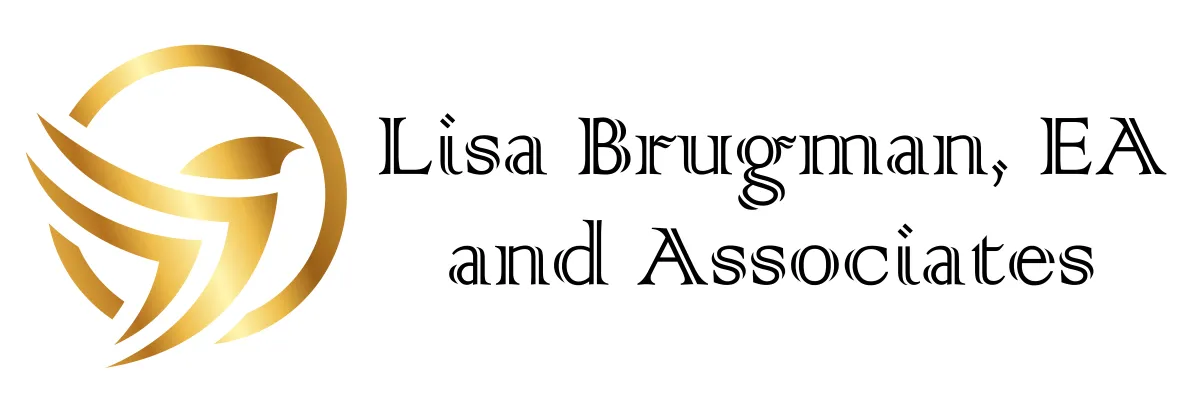BLOG

Self-Employed? Hire Your Spouse!
If you run a business structured as a sole proprietorship or partnership (where your spouse isn't a partner), hiring your spouse as an employee could be a highly strategic tax-saving move. However, the potential benefits can evaporate if you don't structure the arrangement properly. Worse, the IRS might scrutinize the setup and challenge the legitimacy of your spouse's role if they’re not a bona fide employee.
To maximize your tax savings while minimizing audit risks, consider these four essential guidelines:
1. Focus on Benefits, Not Wages
Skip the traditional paycheck. Instead, compensate your spouse with tax-free employee benefits. Why? Benefits like health insurance are fully deductible for your business while remaining untaxed for your spouse.
What’s more, if you stick exclusively to tax-free fringe benefits, you sidestep payroll taxes, employment tax filings, and even the need for a W-2. It’s a win-win.
2. Leverage a Medical Reimbursement Arrangement
One of the most powerful benefits you can offer your spouse-employee is reimbursement for medical expenses. Establishing a medical reimbursement arrangement, such as a 105-HRA (if your spouse is your only employee) or an ICHRA (if you have additional staff), allows you to cover health insurance premiums and out-of-pocket medical costs on a tax-advantaged basis.
This strategy can yield substantial savings while ensuring your spouse’s health needs are fully covered.
3. Offer Additional Fringe Benefits
Beyond health coverage, there’s a treasure trove of tax-free benefits you can provide. These might include:
· Education expenses related to your business,
· Life insurance coverage of up to $50,000,
· Small, incidental perks like holiday gifts (de minimis fringes).
These benefits can enhance your spouse's compensation package without adding to their taxable income.
4. Prove Your Spouse Is a Bona Fide Employee
The IRS won’t just take your word for it—your spouse must genuinely function as an employee. Here’s how to make the case:
You own the business outright.
Your spouse performs legitimate work under your direction, keeps timesheets, and adheres to a structured work schedule.
Business expenses reimbursed to your spouse come from a dedicated business account.
Their compensation is fair and aligns with the work they perform.
Failing to demonstrate these points could invite scrutiny and nullify the tax benefits.
Bottom Line
Hiring your spouse can be a savvy financial decision if executed with precision. Pay attention to the details, focus on tax-free benefits, and ensure compliance with IRS rules. When done right, this approach can unlock significant tax savings while fortifying your business operations. If you are still unsure about your situation and want help, you can click this link to set an appointment to speak with an expert at Lisa Brugman, EA & Associates.
https://storage.googleapis.com/msgsndr/Y3wru9o2agtnTx66z5uZ/media/650d578315fdd01eb024474b.png
https://storage.googleapis.com/msgsndr/Y3wru9o2agtnTx66z5uZ/media/650d578215fdd056b424474a.jpeg






